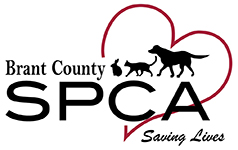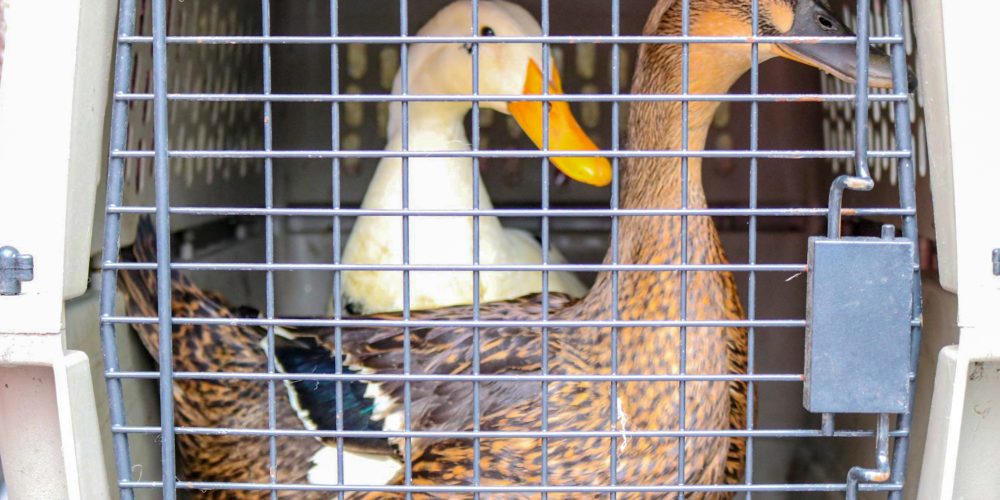With mating season upon us for many species, our animal services team is receiving an influx of inquiries about potentially orphaned wildlife. There are a few crucial pieces of knowledge when it comes to respecting and taking care of the wildlife in our community.
Not all who Wander are Orphaned
One of the first assumptions when encountering a baby animal is that it has lost its mother and needs our assistance. Although a fair thought, it is important to know that mothers often leave their babies to forage for food. During this process, it can be assumed that they have been left for good. Be sure to wait and monitor for the mothers return before intervening with the wildlife. If you are unsure of an animal’s condition, call your local wildlife refuge or the SPCA for their expertise. Remember to always observe dens or nests from afar to avoid preventing the mother from her return. The species most commonly assumed to be abandoned are deer, raccoons, rabbits, and squirrels.
Live Traps can Kill
With mothers potentially moving around more than usual, it is essential that no animals are live-trapped and relocated. Doing this would result in orphaned babies with a much lesser chance of survival and health. Allow the wildlife to co-exist with you, especially while they are doing their best to care for their youth.
Identify Distress
Noticing true signs of distress is key to ensuring the safety of our wildlife. Hobbitstee has a wonderful list of these signifiers. Some of these signifiers include:
- Physical signs of illness or injury such as wounds, injured limbs, twitching/shaking, missing fur/feathers.
- Clear contact with a cat – with or without wounds, assistance is necessary.
- Abnormal behaviour such as lethargy, repeated close contact with humans, or the appearance of blindness.
- Tangling or wrapping of garbage, wires, or string. Including material stuck or caught on an animal or in their mouth. Or grease on their body/fur/feathers.
- Any animal (including water species) that appears wet in a dry area or climate or turtles who seem unable to submerge themselves in water.
If the wildlife you’re concerned about meets these criteria you should take the appropriate steps to contact your local wildlife professionals. A reminder that squawking and squealing may sound like distress but could simply be a call to alert the mother of their baby’s location.
Assist Appropriately
After contacting your local SPCA or Refuge you may proceed with their advice. In absolutely no circumstance should you try feeding an animal without receiving advice from a professional. The wrong food at the wrong time can be detrimental to an animal’s health while hypothermic or dehydrated babies will die if given ANY food. Never touch an animal, their babies, or their den without professional advice or assistance.
If you have questions or concerns about wildlife be sure to seek professional advice. Baby wildlife interference rates are increasing as humans are forgetting to think about and assess the situation before acting. Keep your local SPCA number on hand as well as your local Refuge. For Brantford residents, you may contact the Brant County SPCA at 519 756 6620 and after-hours at 519 757 5363. Hobbitstee Wildlife Refugee can be reached at 519 587 2980.
Special thanks to our friends at Hobbitstee who assist us in taking care of Brant County’s Wildlife day in and day out. You rock!

